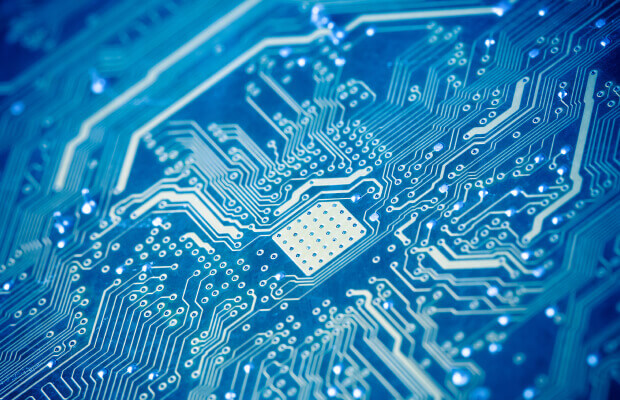
On the 25th of August, the Ministry of Information and Communications Technology enacted Decree 1412/2017 (the “Decree”), aiming to classify software and virtual education services for the commercial development of digital contents. This aims to regulate numerals 23 and 25 of article 476 of the Tax Code, stating what services are exempt from Sales Tax.
In this context, the Decree provides the following characteristics of the digital content: (i) its commercial value is not determined by the inputs used for its creation; (ii) it can be copied, transmitted or used through telecommunication networks or tools of Information and Communications Technology (ICTs).
Also, the Decree defined the software for the development of digital contents as the “set of programs and routines that allow computers to perform certain tasks related to the creation and production of digital content,” classifying it as follows:
- Integrated development environment.
- Development engine of videogames.
- Plugin and extension for the creation of digital content.
- Graphics editing software.
- Digital illumination and rendering software.
- Additive manufacturing software.
- Pre-production, production and video editing software.
- Sound production and editing software.
- 2D and 3D modelling software.
- Animation software.
- Software for the creation of visual effects, digital composition and post-production.
- Augmented reality software.
- Virtual reality software.
- IT systems integration software.
- Version control software.
- Software for the creation of workflows for the creation of digital content.
- Software for the analysis, marketing and monetization of digital content.
- Artificial intelligence software.
Without prejudice to the above, the software classification list may be expanded by the Ministry of ICTs.
In turn, the Decree determined those services considered as virtual education services for the creation of digital content, as follows:
- Digital animation.
- Big data.
- Videogames development.
- Sound design and editing.
- Graphics Editing.
- Video editing and production.
- Illumination and rendering.
- Additive manufacturing.
- Artificial intelligence.
- Internet of things.
- 2D and 3D modelling.
- Post-production, visual effects and digital composition.
- Programming.
- Production, management, marketing and monetization of digital content.
- Virtual and augmented reality.
- User usability and interface.
Additionally, Decree 1412/2017 provided the possibility for interested parties to request to the Ministry of ICTs to certify the software and the courses for the development of digital content.
It must be noted that the webpages provision service, hosting, cloud computing and remote maintenance of programs and equipment, are also exempt from Sales Tax, and that there is no regulation applicable to these services yet.